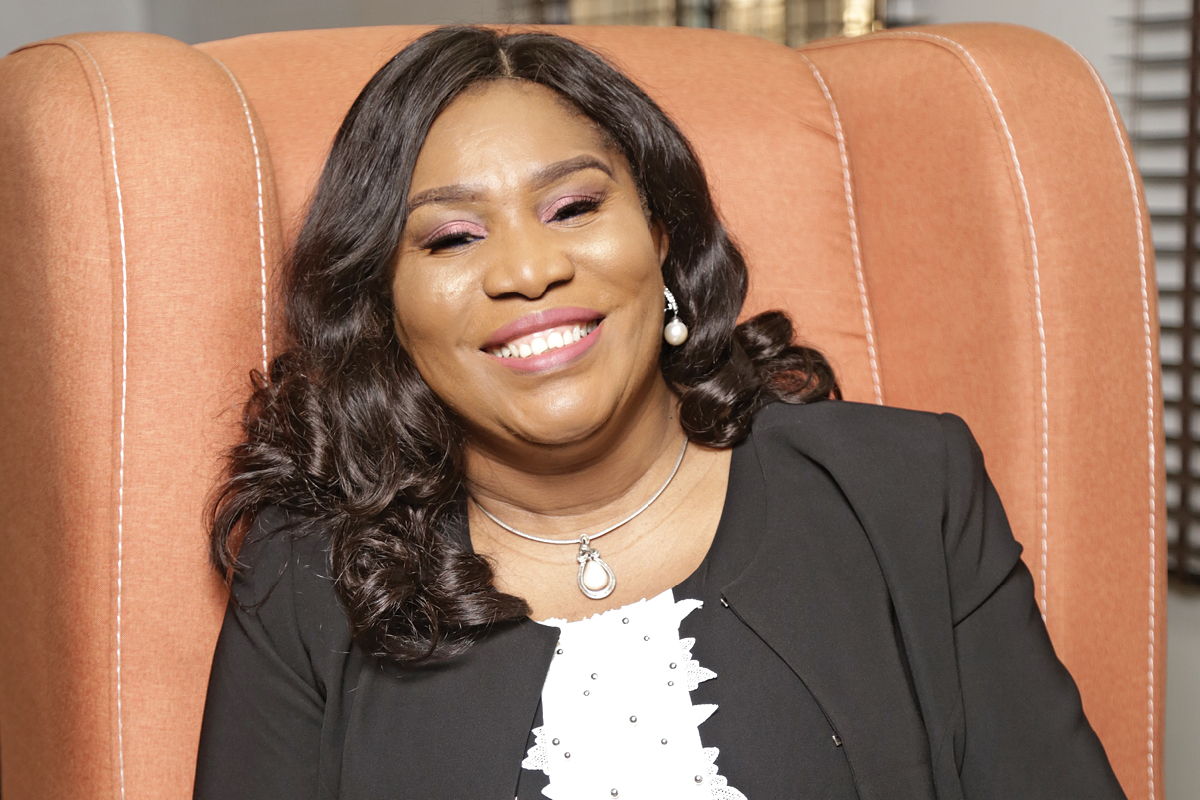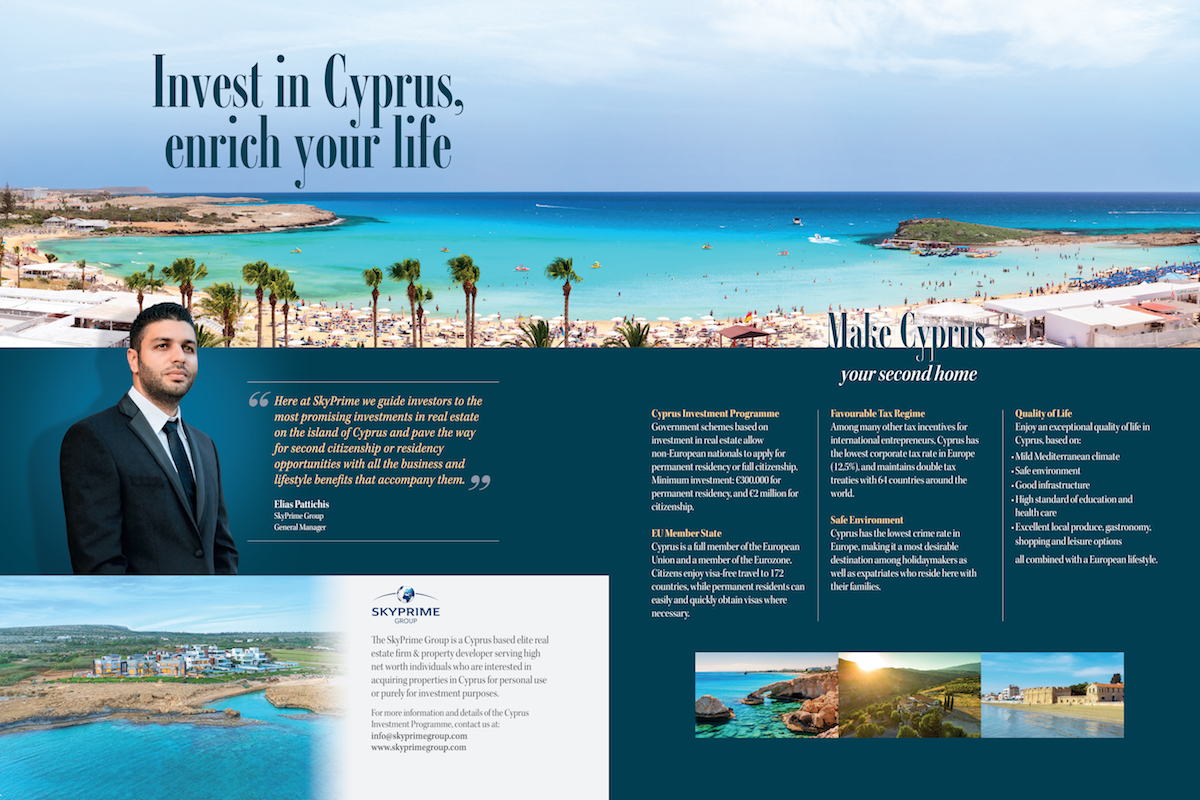The famous maxim goes: ‘When life gives you lemons, make lemonade.’ If Toyin Sanni were the lemonade-maker, however, the result would be more likely limoncello. This multi-hyphenated rainmaker (lawyer-banker-author) does not do things by halves.

As a prominent champion of women’s rights in a continent whose progress is still stunted by political and economic woes, Toyin has to be assertive. When it comes to paving the way for her fellow African females, she is a woman of real action, not platitudes.
“I very much believe in changing my environment,” she declares. In her capacity as an investment banker, the way she pioneers change is with unabashed pragmatism.
She does this by using capitalism’s sharpest tool – money. “By the end of this year, I aim to launch two innovative, gender-targeted investment products,” reveals Toyin. “One will drive investments into businesses that are either owned by women in Africa, are run predominantly by women in Africa or have pledged to contribute significantly to the development of women in Africa. The second product will encourage African women to invest in capital markets.”
Both will be added to the portfolio of services offered by Emerging Africa Capital Group. The young company is Toyin’s latest venture, founded in July 2018 and backed by knowledge from her 30-year career in finance.
On paper, the firm sounds like any other consultancy; it provides financial advice to businesses and governments that are interested in investing in Africa. But Toyin has bigger dreams for it. The eventual goal is to propel the continent’s development through the investments the company brings in.

“Currently, most African countries are facing significant infrastructure deficits. Our work involves using the capital markets to raise funds for governments to develop the critical infrastructure that is required,” she explains.
“Our work also helps privately owned companies raise the money required for both expansion and working capital. “This enables them to grow and to provide employment for Africans across the region. More than 75% of African jobs are still being created by small and medium-sized enterprises, so the ability of these entities to raise funds is very important.”
The unfortunate reality is, however, that investment banking seems to be a wealth machine that only makes the rich richer. Without any starting capital, it’s not even an option for most individuals. Toyin is well aware of this, saying: “Many of our women are still fighting to lift their heads above the poverty line.”
This is why she doesn’t take a break from championing her causes even outside the office. She founded Women in Finance Nigeria – a not-for-profit that advocates for the equal representation of women in Nigeria’s financial industry – and is a mentor for a number of support groups for professional women.
She is also on the board of advisers of Mama Moni, a social enterprise that provides female entrepreneurs living in poverty who may not have the credit rating required by banks, access to loans crowdfunded by kind-hearted individuals.
“Mama Moni is an open lending platform for women who are developing themselves. It helps women acquire the skills they need to set up their businesses and provides a platform where anybody in the world can go to look at what these women are doing,” explains Toyin. “Anyone can lend to these women and invest in the businesses they are starting.”
Explaining her unwavering dedication to helping women gain access to finance, she says, “There’s still a lot of resistance among our leaders and in our communities to women getting into positions of power and authority.

By implication, then, capacity building and access to finance are major challenges women face. People only invest in developing the capacity of something they have confidence in, and women don’t enjoy this confidence yet.”
As a veteran in an industry often stereotyped as ruthless and consumed by greed, Toyin’s empathy is refreshing. It is apparent that she works for a purpose bigger than herself.
“I enjoy finding an intersection between my business objectives and the needs of my community.”
She says: “I enjoy finding an intersection between my business objectives and the needs of my community. In this way, I can make a change in an area that I am passionate about while simultaneously growing my business.”
Proudly supported by:



